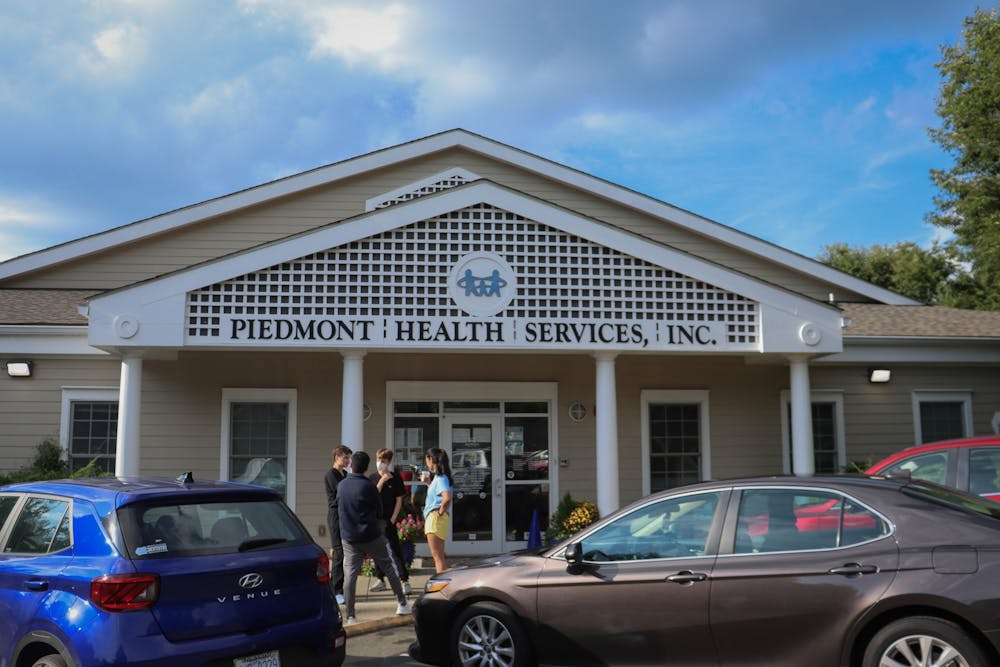North Carolina’s legislators appear to be moving in the direction of Medicaid expansion.
Initially launched in 1970, Medicaid provides health insurance to individuals who cannot afford private insurance or do not qualify for Medicare.
Over 81 million Americans and approximately 1.9 million North Carolinians use Medicaid, according to government data from May 2022.
In North Carolina, eligibility for Medicaid requires that a recipient be one of the following: pregnant, responsible for a child 18 years of age or younger, blind, have a family member in their household with a disability or 65 years of age or older.
In addition, for a household with one person, the annual household income must be below $13,590 before taxes, which is equivalent to the federal poverty line. The requirement increases by $4,720 for each additional person.
Since the passage of the Affordable Care Act in 2010, states have had the ability to expand Medicaid to include individuals who earn up to 138 percent of the federal poverty line.
North Carolina is one of twelve states that has failed to expand Medicaid in that time.
However, the N.C. Senate recently passed legislation that could move the state toward Medicaid expansion.
The state Senate proposal is estimated to provide between 500,000 and 600,000 North Carolinians with Medicaid coverage. It would aim to narrow the coverage gap, which negatively impacts those whose incomes are above the threshold for Medicaid but below the threshold to obtain tax credits under the Affordable Care Act.
It would also allow nurse practitioners to work independently from doctors and loosen certificate of need laws, which require care providers to obtain certificates before offering new health services.
North Carolina’s Healthcare Association supports Medicaid expansion but is opposed to the state Senate’s plan because of concerns over the loosening of certificate of need laws.
Patient care services could potentially be taken away from community care hospitals, and including new providers could negatively impact existing hospitals, Cynthia Charles, vice president of communications and public relations for NCHA, said in an email.
To get the day's news and headlines in your inbox each morning, sign up for our email newsletters.
Meanwhile, the N.C. House of Representatives has introduced similar legislation to expand Medicaid. However, this plan would not modify existing certificate of need laws.
Gov. Roy Cooper and other elected officials have implored the N.C. General Assembly to take action on the issue of Medicaid.
In an Aug. 24 tweet, Cooper said that North Carolina needs Medicaid expansion immediately.
"It’s past time for the hospitals to strike a deal with Republican leaders and they’re not moving," he said.
N.C. Rep. Carla Cunningham (D-Mecklenburg) said that although she would have preferred that Medicaid expansion not be tied to changes in certificate of need laws, she wants legislators to move forward with expansion regardless.
'We’re just allowing people to die like they don’t matter'
In 2019, nearly 1.2 million North Carolinians lacked health insurance, which comprised roughly 11.3 percent of the state’s population in total, according to data from the U.S. Census Bureau. This included 142,000 children under the age of 19.
One of those North Carolinians is Tiffany Smith, who currently serves as the administrative assistant at Down Home North Carolina, an organization that aims to empower working people in the state’s rural communities.
Smith said throughout her life she has struggled to maintain health insurance.
She added that on many occasions, she has had to reject raises, because taking a raise could lead to her children losing access to Medicaid.
“This has been my life, day in and day out,” she said.
Since her son's death, Boyd now serves as the North Carolina Poor People’s Campaign health care committee co-chairperson, where she aims to educate people and get out the vote to fight for health care and other issues that affect working class citizens.
Boyd said she has spoken to several Republican legislators about this issue, many of whom gave her dismissive responses.
“You know what they say to me?" Boyd said. "They ask me whether my son had a job when he got sick. Pat McCrory asked me that to my face once."
Boyd said her son was a full-time college student, worked 25-30 hours per week, had a 3.75 GPA and was an active volunteer in the community.
Boyd begged legislators to take action.
“In what is supposed to be the greatest country in the world, we’re just allowing people to die like they don’t matter,” she said. “My son mattered, and so does everyone who’s dying from this.”
@ianwalniuk
@DTHCityState | city@dailytarheel.com



